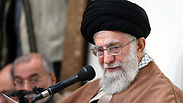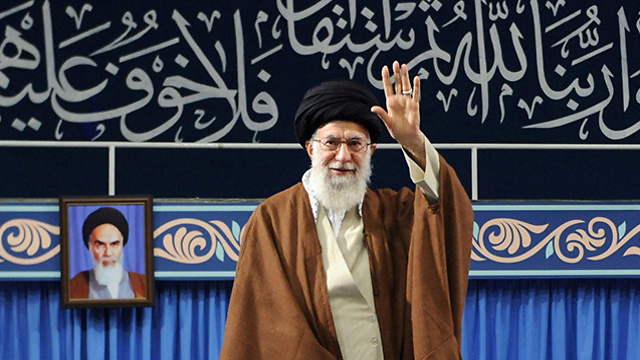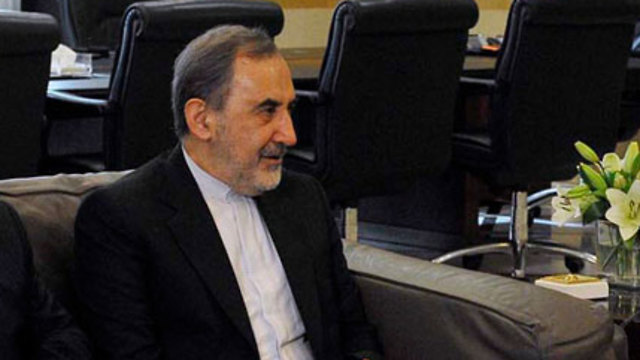
Top adviser to Khamenei says Iran's regional influence 'inevitable'
Ali Akbar Velayati quoted by semi-official Fars news agency as saying that Tehran is a 'key player' in the Middle East and that 'our presence in Syria, Iraq, Palestine and Lebanon is in coordination with the governments of these countries.'
US President Donald Trump, who sees Iran as a rising threat to regional stability in the Middle East, has pledged to work with Gulf Arab states and Israel to curb what they say are Tehran's attempts to extend its influence in the region.
"Iran's influence in the region is inevitable and to remain a key player in the region, this influence will continue," the adviser, Ali Akbar Velayati, was quoted by Fars as saying.
Iran backs Syrian President Bashar Assad in his country's civil war, Shiite militias in Iraq, Houthi rebels in Yemen and Lebanon's Hezbollah.
"Iran has no intention to abandon the oppressed nations in the region ... Our presence in Syria, Iraq, Palestine and Lebanon is in coordination with the governments of these countries," Velayati said.
On Monday, following a meeting earlier with Russian President Vladimir Putin in Moscow, Prime Minister Benjamin Netanyahu said Israel would act to prevent the transfer of precision-guided missiles from Iran to Lebanese soil if forced to.
"I just finished in-depth and good talks with Russian President Vladimir Putin. I told him that Israel views two developments with utmost gravity: First is Iran's efforts to establish a military presence in Syria and second is Iran's attempt to manufacture—in Lebanon—precision weapons against the State of Israel," he told journalists at the conclusion of the meeting, the first since their last tête-à-tête in August 2017.
"I made it clear to him that we will not agree to either one of these developments and will act according to need," Netanyahu added.
On the subject of Iranian ambitions to entrench its military forces in Syria, Netanyahu told Putin he would take action if such a reality ever materialized.
“We are now on the cusp of a watershed moment of whether Iran will entrench itself there or if the process will be stopped. I told Putin that if it isn’t stopped by itself, we will act to stop it. In practice, we’re already operating,” he told the journalists.
Netanyahu also addressed reports that Damascus had threatened to attack Israel’s Ben-Gurion International Airport if Israel carried out another military strike in Syria.
“We always take all the elements and considerations in the area into account,” he said, before accusing Iran of attempting to rattle stability in the Middle East.
“The element currently trying to change the status quo in Syria and Lebanon is one—Iran. This is an element that is actively trying to shift the arena and turn Syria into a military colony,” he asserted.
Defense Minister Avigdor Lieberman said Wednesday that "as far as the enemy is concerned, its main goal is the civilian home front. My message to the public is not to get too worked up. We're done with a 'one step forward, two steps back' kind of war.
"You have to go in at full power right from the get go. You can't have photos like ones seen during the Second Lebanon War showing the people of Beirut sunning at the beach while the people of Tel Aviv are in shelters. That won't happen. If people in Tel Aviv will be in shelters, all of Beirut will be in shelters," Lieberman vowed in a conversation with the head of the Institute for National Security Studies (INSS), Maj.-Gen. (ret.) Amos Yadlin.












